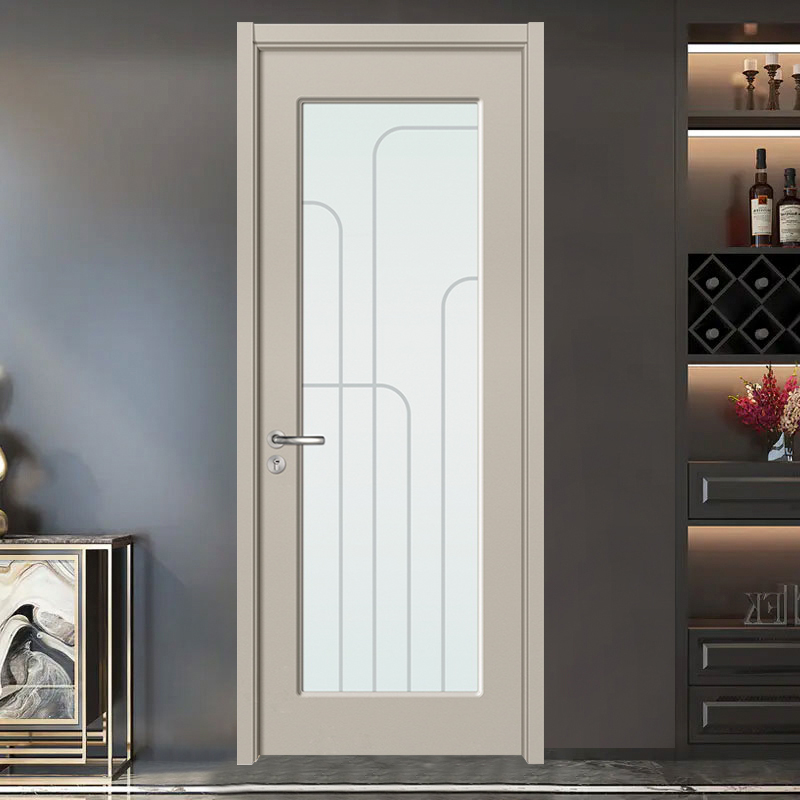Product Consultation
Your email address will not be published. Required fields are marked *

How does the surface finish of the Melamine Laminated Wooden Door resist scratches, stains?
Apr 22,2025
How does a Glass Wooden Door contribute to the overall energy efficiency of a building?
Apr 14,2025
How resistant is the PVC coating on a PVC MDF door to scratches, stains, and fading over time?
Apr 07,2025
Type of Glass: The energy efficiency of a glass wooden door is heavily influenced by the type of glass used. High-performance glass options, such as double or triple glazing, offer superior insulation compared to single-pane glass. These multi-pane systems feature insulating gas fills like argon or krypton between the panes, which reduce heat transfer and improve thermal performance. Low-emissivity (low-E) coatings on the glass can further enhance energy efficiency by reflecting infrared heat back into the room, thus reducing heating and cooling costs.
Wood Quality and Insulation: The quality of the wood used in the door frame also impacts its insulation properties. High-density, well-seasoned wood generally offers better thermal performance due to its natural insulating properties. However, wood alone is not as effective as specialized insulating materials. The insulation value of the door frame can be augmented by incorporating insulating core materials or composite technologies within the wooden structure.
Seals and Weatherstripping: Effective sealing is critical for maintaining the energy efficiency of a glass wooden door. High-quality seals and weatherstripping are essential to prevent air leaks, which can lead to significant heat loss or gain. Properly installed weatherstripping around the door perimeter helps to create a tight seal, reducing drafts and improving the door’s overall thermal performance.
Door Design: The design and construction of the door play a significant role in its insulating capabilities. Features such as the thickness of the wood, the type of glazing, and the presence of insulating layers affect how well the door performs. For instance, doors with multiple glass panes and additional insulation layers tend to have better thermal performance compared to standard single-pane glass doors.
Frame and Installation: The installation process and the quality of the door frame are also important factors in energy efficiency. The well-installed door with a properly aligned frame ensures minimal gaps and optimal sealing. Inaccurate installation or a poorly fitted frame can lead to thermal bridging and air leaks, which compromise the door’s insulating effectiveness.
GA20-58B Light Gray Interior PVC Glass Wooden Door

Your email address will not be published. Required fields are marked *











